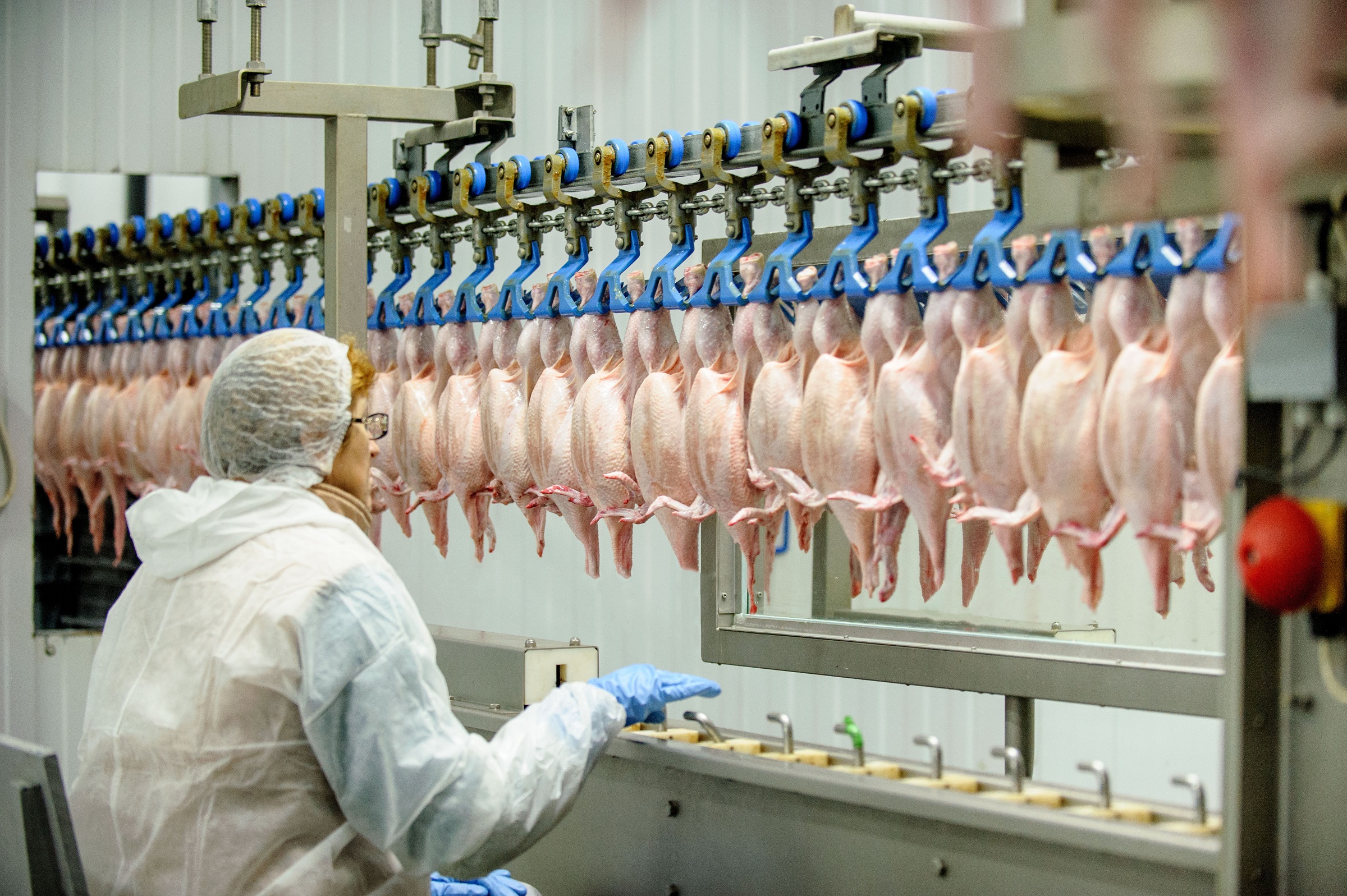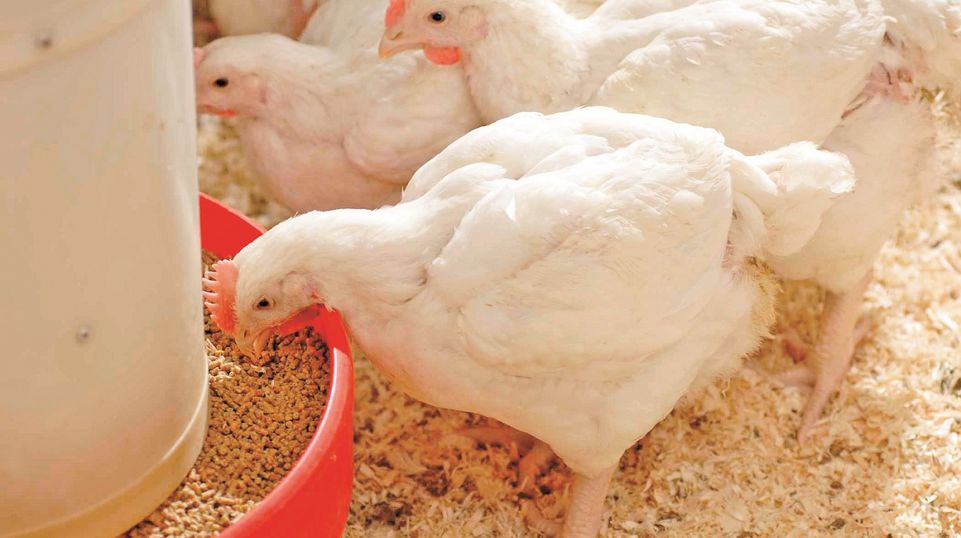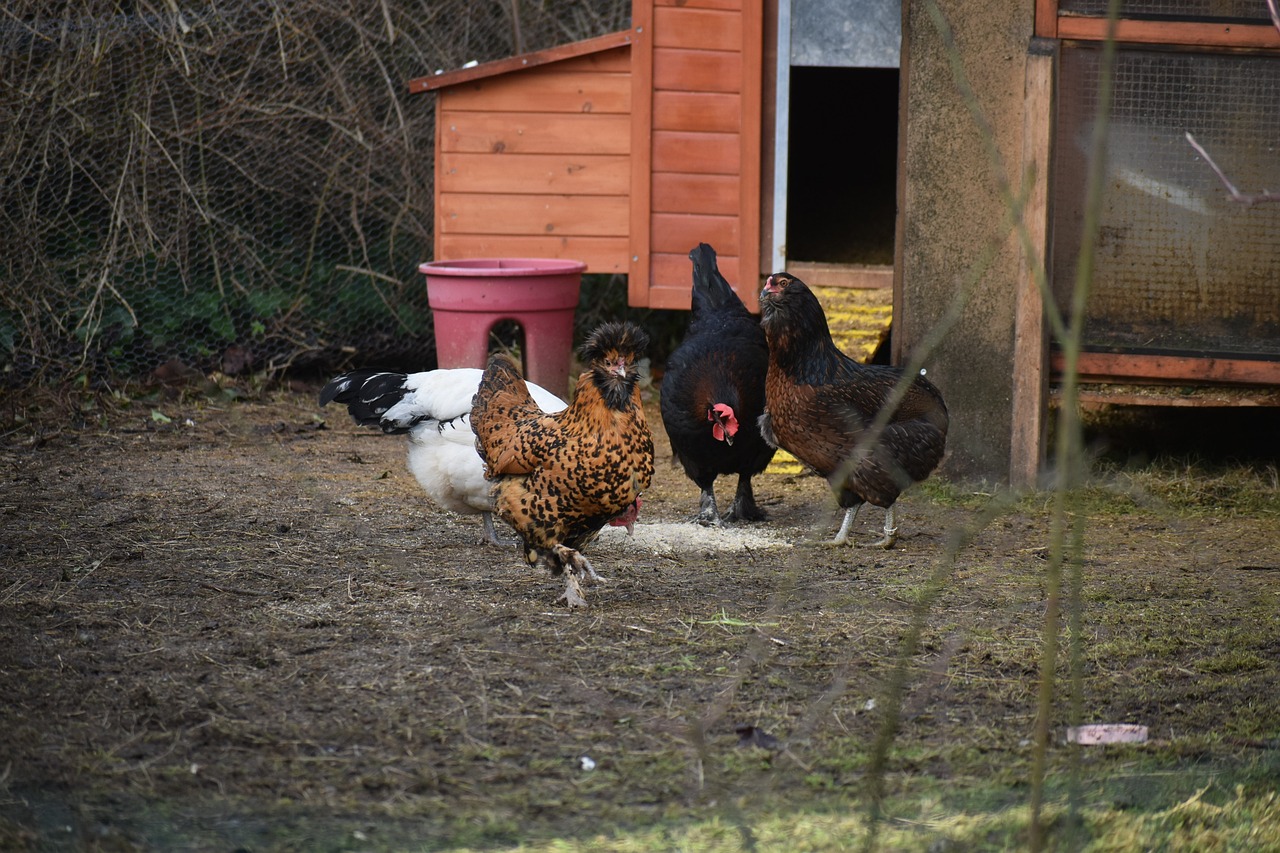Understanding the Chicken Factory Process
Hatchery Operations
The journey of a chicken within a factory starts at the hatchery. Fertilized eggs are collected and placed in incubators, where temperature and humidity are carefully controlled. This stage, known as incubation, lasts about 21 days. During this period, eggs are regularly turned to ensure even development.
Chick Brooding
Once the chicks hatch, they are moved to brooding facilities. Here, the environment is optimized to support the delicate early life stages of the chicks. Temperature, ventilation, and lighting are crucial elements. Feed and water are provided in abundance to ensure rapid growth.
The Growth and Feeding of Chickens

Housing and Environment
In a chicken factory, birds are housed in large barns that provide shelter and controlled environments. These barns are equipped with systems to manage temperature, humidity, and light, mimicking the natural day-night cycle to promote healthy growth.
Nutrition and Feeding
Feeding is a critical component of poultry farming. Chickens are provided with a balanced diet formulated to meet their nutritional needs at various growth stages. This diet includes grains, proteins, vitamins, and minerals to support optimal growth and health.
Ethical Considerations in Chicken Factories
Animal Welfare Standards
Animal welfare is a significant concern in the chicken factory industry. Ensuring that chickens are treated humanely is paramount. This includes providing sufficient space, proper nutrition, and medical care. Compliance with animal welfare standards is essential to ensure ethical practices.
Environmental Impact
The environmental footprint of chicken factories is another ethical consideration. Managing waste, reducing greenhouse gas emissions, and conserving water are critical areas where the industry must focus. Sustainable practices are essential to minimize the impact on the environment.
Automation and Technological Advancements
Automated Feeding and Watering Systems
Modern chicken factories utilize advanced technologies to automate feeding and watering. These systems ensure that chickens receive consistent and adequate nutrition and hydration, reducing human error and labor costs.
Monitoring and Data Collection
Technology also plays a role in monitoring the health and growth of chickens. Sensors and data analytics help farmers track various parameters such as temperature, humidity, feed consumption, and weight gain. This data-driven approach allows for timely interventions and improved efficiency.
The Role of Chicken Factories in the Food Industry

Supply Chain Integration
Chicken factories are integral to the broader food supply chain. They ensure a steady supply of chicken products to meet consumer demand. The efficiency and scale of these operations help keep prices competitive and supply reliable.
Quality Control and Safety
Maintaining high standards of quality and safety is crucial in chicken factories. Strict protocols are in place to monitor and control the production process, from hatchery to packaging. Regular inspections and adherence to food safety regulations ensure that the final products are safe for consumption.
Consumer Choices and Awareness
Finding a Chicken Factory Near Me
For those interested in understanding more about chicken production or seeking locally produced chicken, searching for “chicken factory near me” can provide insights into nearby facilities. Local chicken factories often offer tours and educational programs to increase transparency and consumer trust.
Exploring the Chicken Factory Menu
Many chicken factories have diversified their offerings, providing a variety of chicken products. Checking the “chicken factory menu” can reveal options ranging from fresh cuts to processed items like nuggets and patties. This variety caters to different consumer preferences and dietary needs.
Ethical Eating: Making Informed Choices

Supporting Ethical Practices
Consumers play a vital role in promoting ethical practices in the chicken factory industry. By choosing products from sources that adhere to high animal welfare and environmental standards, consumers can drive demand for more ethical production methods.
Dining at Chicken Factory Restaurants
For those who prefer dining out, “chicken factory restaurant” options can offer a taste of factory-produced chicken. These establishments often source their ingredients directly from trusted factories, ensuring quality and safety.
Conclusion
The processes within a chicken factory are complex and multifaceted, encompassing everything from hatchery operations to ethical considerations. As the industry continues to evolve, the focus on humane treatment, environmental sustainability, and technological advancements will shape its future. By staying informed and making conscious choices, consumers can contribute to a more ethical and sustainable chicken production industry.

